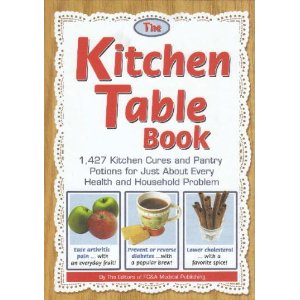This evening I came across and rapidly scanned two pieces of commentary and/or news.
Scandal of Evangelical Dishonesty
No matter how we rationalize it, all deception within the evangelical community dishonors Christ, and serves the devil’s agenda. We need to identify deception, repent of it, and embrace the truth of Christ which will set us free to represent Him accurately to a world sick of being lied to John 8:32.
[…]
I take no pleasure in addressing these issues. I hope it will serve Christ’s body by initiating some much-needed self-examination and dialogue.
Which Christian colleges, missions organizations, speakers, musicians, publishers, and authors will come forward and confess past misleading practices and commit themselves to the highest ethical standards before the Audience of One, even if it means forgoing financial gain? Who will, in the name of Christ, raise the bar of honesty, integrity, and truth?
Only when Christian leaders establish new and higher standards will others feel the positive peer pressure and accountability to do the same. Only then will reform be widespread, with direct unspun truth-telling becoming the established norm.
Only then will we gain the trust of both the Christian public and a skeptical secular culture accustomed to deception, but desperately needing the truth.
That one is a very lengthy exposé. See what you think of it.
Well, that was the preacher part of the title. Next, the doctor part:
Retracted autism study an ‘elaborate fraud,’ British journal finds
A now-retracted British study that linked autism to childhood vaccines was an “elaborate fraud” that has done long-lasting damage to public health, a leading medical publication reported Wednesday.
[…]
The now-discredited paper panicked many parents and led to a sharp drop in the number of children getting the vaccine that prevents measles, mumps and rubella. Vaccination rates dropped sharply in Britain after its publication, falling as low as 80% by 2004. Measles cases have gone up sharply in the ensuing years.
In the United States, more cases of measles were reported in 2008 than in any other year since 1997, according to the Centers for Disease Control and Prevention. More than 90% of those infected had not been vaccinated or their vaccination status was unknown, the CDC reported.
And there you are.
😳 Oooops! I didn’t mean it that way! I’m not suggesting the deception highlighted above is a shoe that fits your foot.
While we can point fingers and wag tongues against others’ deception, who can discern and discard the guile lurking in his own heart?

